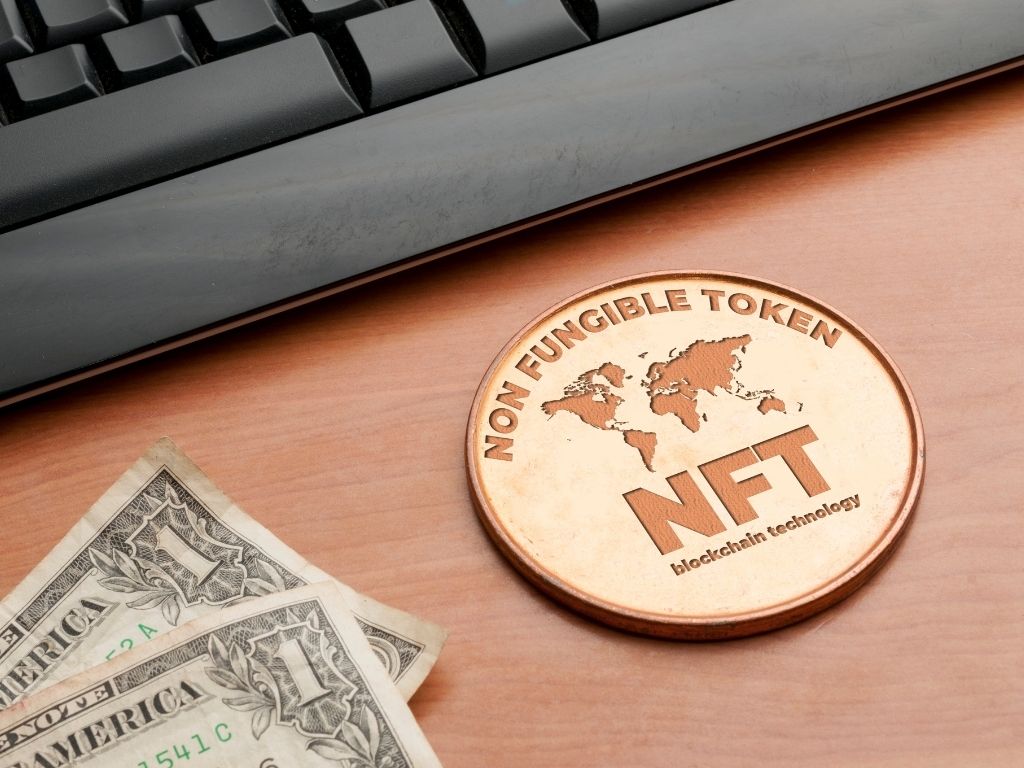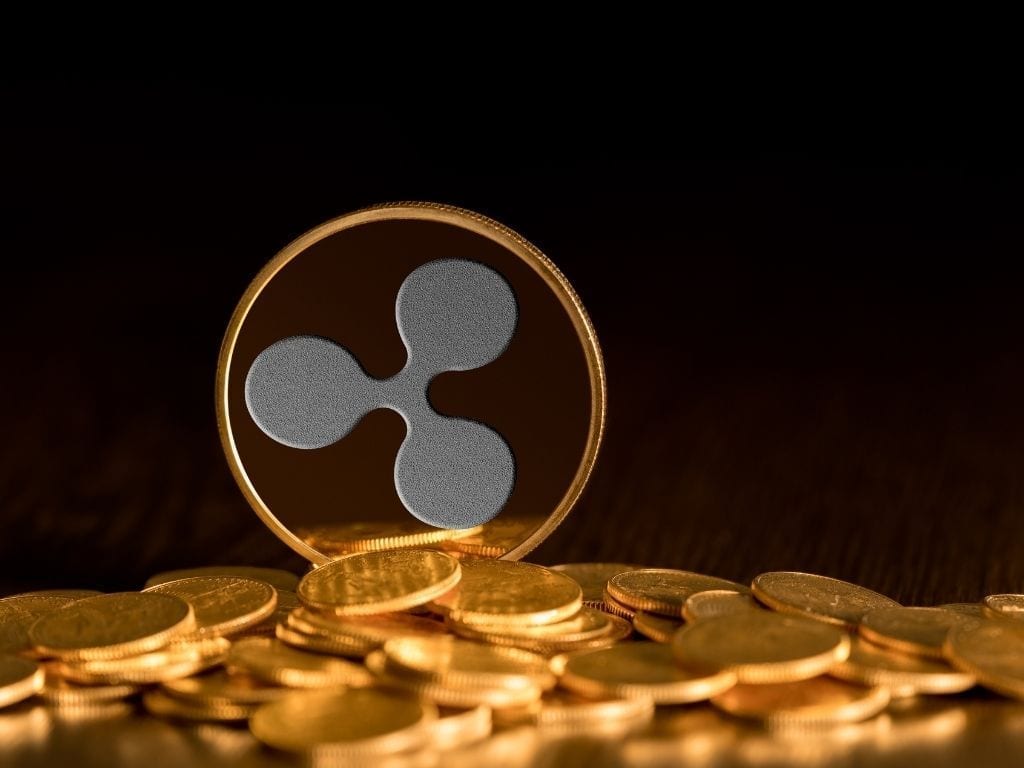US Treasury Sounds Alarm: Unveiling Potential Risks in the Booming NFT Market
The US Treasury Department has taken a significant step towards understanding the burgeoning Non-Fungible Token (NFT) market with the release of its first-ever financial risk assessment report. This report comes amidst a period of explosive growth in the NFT space, with valuations reaching record highs and mainstream adoption gaining momentum. However, the Treasury Department’s report highlights potential dangers lurking beneath the surface of this exciting new frontier.
A Deep Dive into NFT Risks
The report outlines several key areas of concern:
- Money Laundering: NFTs can be used to launder illicit funds. Stolen NFTs can be quickly traded and their origin obscured, making it difficult for authorities to track the flow of money.
- Fraud and Scams: The NFT market is rife with scams, including “rug pulls” where developers abandon projects after raising funds through NFT sales, and market manipulation schemes. These scams can leave investors with worthless digital assets.
- Theft and Security Vulnerabilities: The underlying technology for NFTs, smart contracts, can be vulnerable to hacking and exploits. This can lead to the theft of valuable NFTs, as has happened in several high-profile cases.
- Illicit Activity Financing: The report raises concerns about the potential use of NFTs to finance terrorism or the proliferation of weapons of mass destruction. While the Treasury Department acknowledges this is a relatively low risk at present, it highlights the need for vigilance.
Beyond the Headlines: Nuance and Context
The report is careful to place these risks in context. It acknowledges that NFTs represent a small portion of overall digital asset theft compared to other cryptocurrencies. Additionally, the report emphasizes the potential benefits of NFTs, such as supporting artists and fostering new forms of creative expression.
Also, read – Top 10 Amazing Ways NFTs In A Crash Market Offer More Value Beyond Just Hyped Jpegs
Recommendations for a Safer NFT Future
The Treasury Department concludes its report with a series of recommendations aimed at mitigating the identified risks. These include:
- Regulation: The report calls for a “risk-based” approach to NFT regulation, focusing on areas with the highest potential for harm. This could involve measures to improve transparency in NFT marketplaces and enhance investor protections.
- Industry Collaboration: The Treasury Department encourages collaboration between regulators and industry players to develop best practices and identify emerging threats.
- Consumer Education: The report emphasizes the importance of educating consumers about the risks involved in the NFT market, empowering them to make informed investment decisions.
The NFT Market at a Crossroads
The US Treasury Department’s report serves as a wake-up call for the NFT market. While the potential for innovation and disruption remains immense, it’s crucial to address the potential pitfalls. By working together, regulators, industry leaders, and consumers can build a safer and more sustainable NFT ecosystem that fosters legitimate innovation while protecting users from harm.
The future of NFTs hinges on the ability to navigate these challenges. Open communication, collaboration, and a commitment to responsible innovation will be essential in determining whether NFTs become a force for positive change or a breeding ground for financial risks.
Stay informed with daily updates from Blockchain Magazine on Google News. Click here to follow us and mark as favorite: [Blockchain Magazine on Google News].
Get Blockchain Insights In Inbox
Stay ahead of the curve with expert analysis and market updates.
latest from tech
Disclaimer: Any post shared by a third-party agency are sponsored and Blockchain Magazine has no views on any such posts. The views and opinions expressed in this post are those of the clients and do not necessarily reflect the official policy or position of Blockchain Magazine. The information provided in this post is for informational purposes only and should not be considered as financial, investment, or professional advice. Blockchain Magazine does not endorse or promote any specific products, services, or companies mentioned in this posts. Readers are encouraged to conduct their own research and consult with a qualified professional before making any financial decisions.

 Bitcoin
Bitcoin  Ethereum
Ethereum  Tether
Tether  XRP
XRP  Solana
Solana  Dogecoin
Dogecoin  USDC
USDC  Lido Staked Ether
Lido Staked Ether  Cardano
Cardano  TRON
TRON  Avalanche
Avalanche  Chainlink
Chainlink  Toncoin
Toncoin  Wrapped stETH
Wrapped stETH  Shiba Inu
Shiba Inu  Sui
Sui  Wrapped Bitcoin
Wrapped Bitcoin  Hedera
Hedera  Stellar
Stellar  Polkadot
Polkadot  WETH
WETH  Hyperliquid
Hyperliquid  Bitcoin Cash
Bitcoin Cash  LEO Token
LEO Token  Uniswap
Uniswap  Litecoin
Litecoin  Pepe
Pepe  Wrapped eETH
Wrapped eETH  NEAR Protocol
NEAR Protocol  Ethena USDe
Ethena USDe  Aave
Aave  USDS
USDS  Internet Computer
Internet Computer  Aptos
Aptos  POL (ex-MATIC)
POL (ex-MATIC)  Cronos
Cronos  Mantle
Mantle  Ethereum Classic
Ethereum Classic  Render
Render  Bittensor
Bittensor  WhiteBIT Coin
WhiteBIT Coin  Monero
Monero  MANTRA
MANTRA  Artificial Superintelligence Alliance
Artificial Superintelligence Alliance  Dai
Dai  Arbitrum
Arbitrum  Filecoin
Filecoin 



